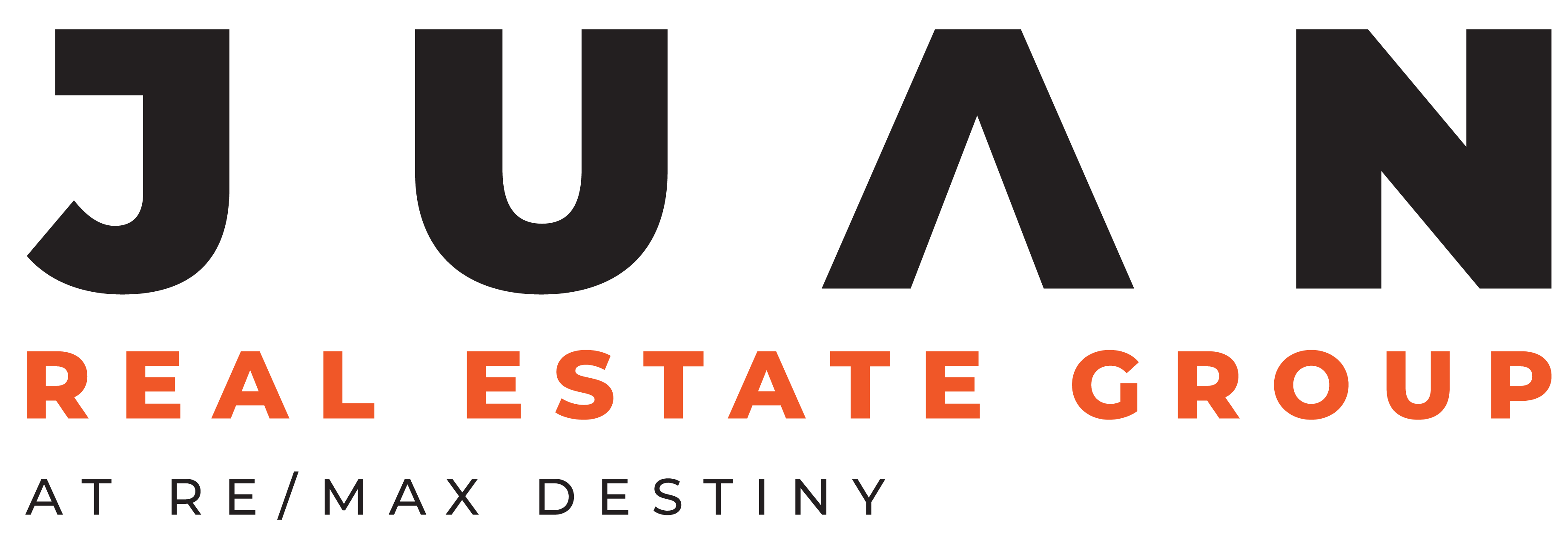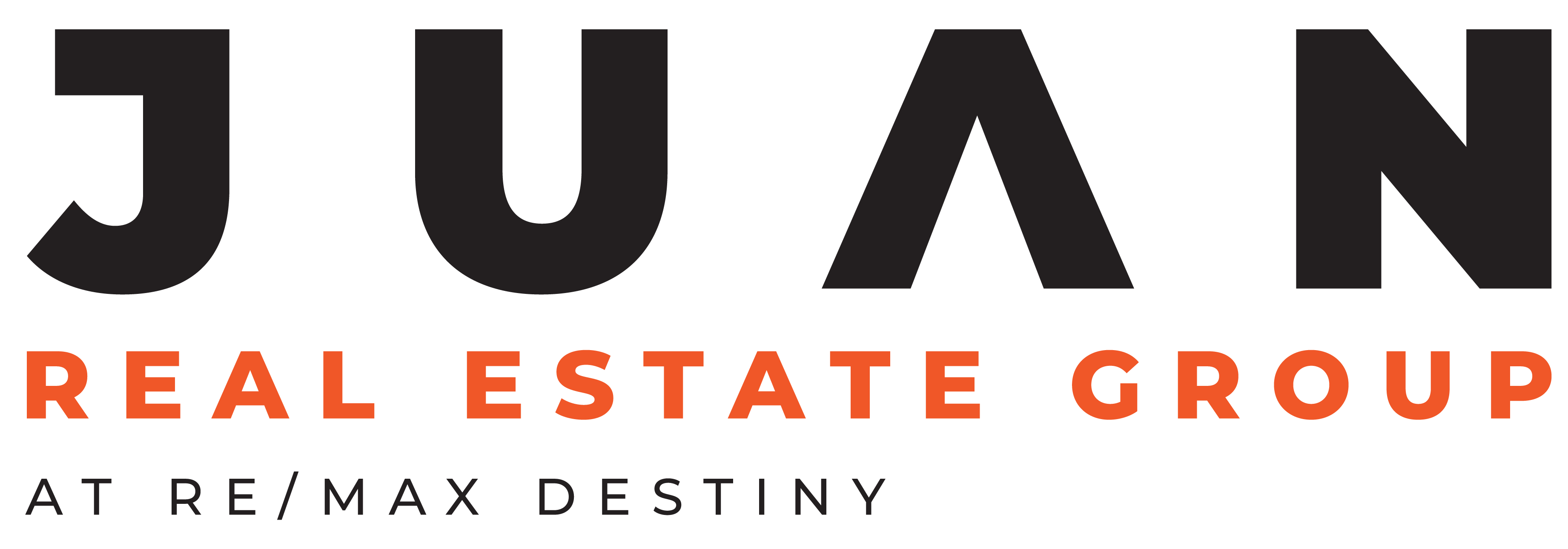New Year's Homebuying: Boosting Your Credit Score for Success
Buying a home might be on your mind as the new year approaches. It's an exciting goal, and it's never too early to start laying the groundwork. One crucial step to prepare for homeownership is building a solid credit score.
Lenders review your credit to assess your ability to make timely payments, pay back debts, and more. It's also a factor that helps determine your mortgage rate. An article from CNBC explains:
"When it comes to mortgages, a higher credit score can save you thousands of dollars in the long run. This is because your credit score directly impacts your mortgage rate, which determines the amount of interest you'll pay over the life of the loan."
This means your credit score may feel even more important to your homebuying plans since mortgage rates are a critical factor in affordability, especially today.
According to the Federal Reserve Bank of New York, the median credit score in the U.S. for those taking out a mortgage is 770. But that doesn't mean your credit score has to be perfect. An article from Business Insider explains generally how your FICO score range can make an impact:
". . . you don't need a perfect credit score to buy a house. . . . Aiming to get your credit score in the 'Good' range (670 to 739) would be a great start towards qualifying for a mortgage. But to qualify for the lowest rates, try to get your score within the 'Very Good' range (740 to 799)."
Working with a trusted lender is the best way to get more information on how your credit score could factor into your home loan and the mortgage rate. As FICO says:
"While many lenders use credit scores like FICO Scores to help them make lending decisions, each lender has its strategy, including the level of risk it finds acceptable. There is no single "cutoff score" used by all lenders, and there are many additional factors that lenders may use to determine your actual interest rates."
If you're looking for ways to improve your score, Experian highlights some things you may want to focus on:
- Your Payment History: Late payments can have a negative impact by dropping your score. Focus on making payments on time and paying any existing late charges quickly.
- Your Debt Amount (relative to your credit limits): Regarding your available credit amount, the less you use, the better. Focus on keeping this number as low as possible.
- Credit Applications: Don't apply for additional credit if you want to buy something. When you apply for new credit, it could result in a hard inquiry on your credit that drops your score.
A lender will help you navigate the process from start to finish, from assessing which range your score falls to telling you more about the specifics for each loan type.
Bottom Line
As you set your sights on buying a home in the upcoming year, boosting your credit score could help you get a better mortgage rate when the time comes. If you want to learn more, connect with a trusted lender.
Need Help Getting Started?
We can connect you with the best resources!




